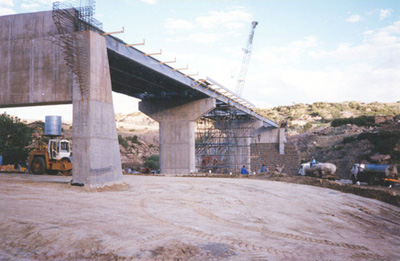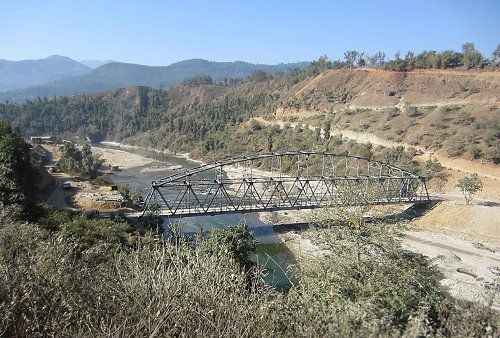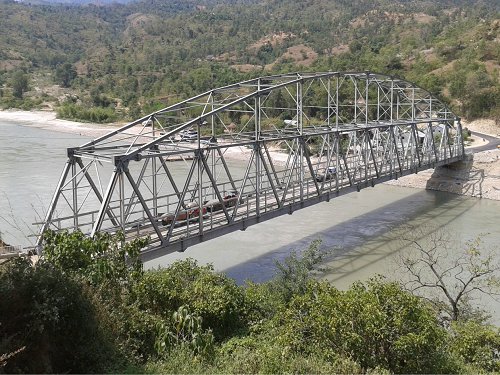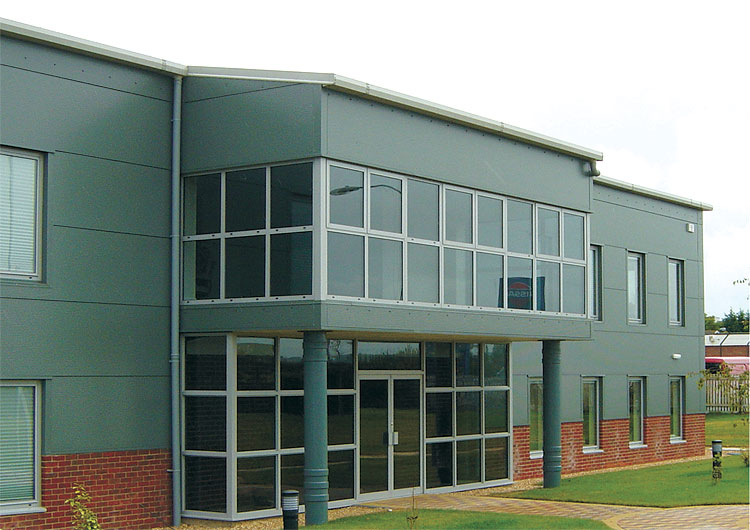Steel Cable Stayed Tower Stayed Bridge Steel Structure China
2024-4-14 11:49:39
No Pics.
Introduction
Steel Cable-Stayed Tower Stayed Bridge Steel Structure China
Cable-Stayed steel bridges one tower stayed diagram


Cable-Stayed steel bridges two tower stayed diagram
Although expensive, stayed bridges may be the only viable alternative when: there is no access to the gap, on which temporary or permanent piers could be built; when there is no staright level run up to the gap which would permit cantilever launching; when the span is too big for regular through truss bridges. And, in particular, one-tower bridges are useful if there is no good access to the far bank, as they can be built from one side only. But please note: you stll need enough space for the large counterweights, which may need to be one fifth of the spann for a two tower bridge.
Long span (50m - 200m)
Very strong, but also flexible
Economical as allow a slender and lighter structure which is still able to span large distances
Light weight is an advantage in earthquake-prone areas
Modern and simple design makes attractive and distinct landmarks
Easy to build in segments where in-situ construction or cantilever launch on rollers is not possible. This requires substantial piers and large counterweights
Less suitable for very windy places due to its lightness
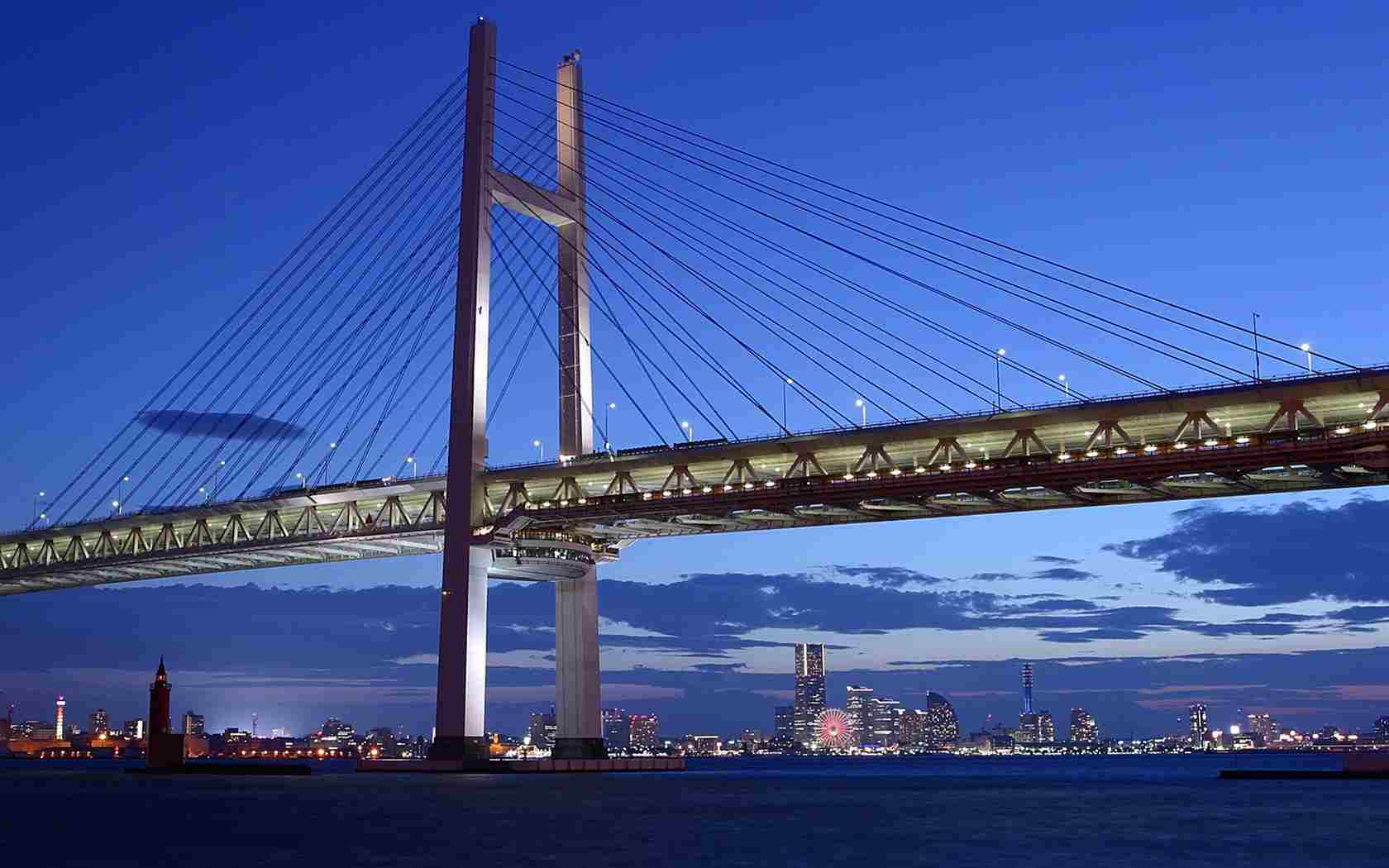
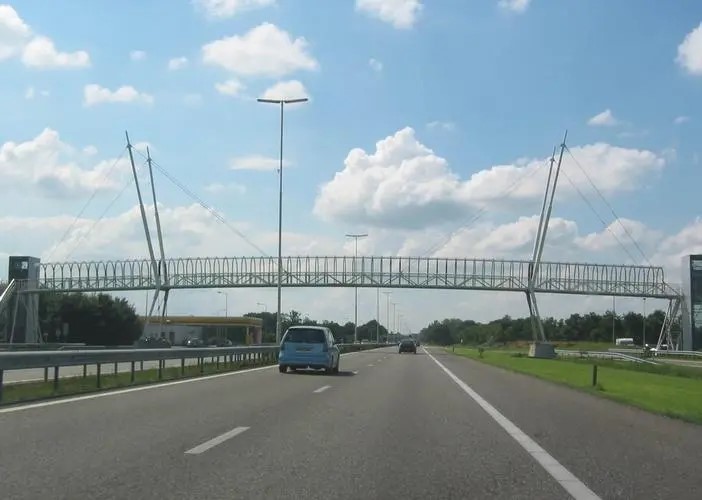
Cable-Stayed steel bridges one tower stayed diagram


Cable-Stayed steel bridges two tower stayed diagram
Although expensive, stayed bridges may be the only viable alternative when: there is no access to the gap, on which temporary or permanent piers could be built; when there is no staright level run up to the gap which would permit cantilever launching; when the span is too big for regular through truss bridges. And, in particular, one-tower bridges are useful if there is no good access to the far bank, as they can be built from one side only. But please note: you stll need enough space for the large counterweights, which may need to be one fifth of the spann for a two tower bridge.
Long span (50m - 200m)
Very strong, but also flexible
Economical as allow a slender and lighter structure which is still able to span large distances
Light weight is an advantage in earthquake-prone areas
Modern and simple design makes attractive and distinct landmarks
Easy to build in segments where in-situ construction or cantilever launch on rollers is not possible. This requires substantial piers and large counterweights
Less suitable for very windy places due to its lightness



